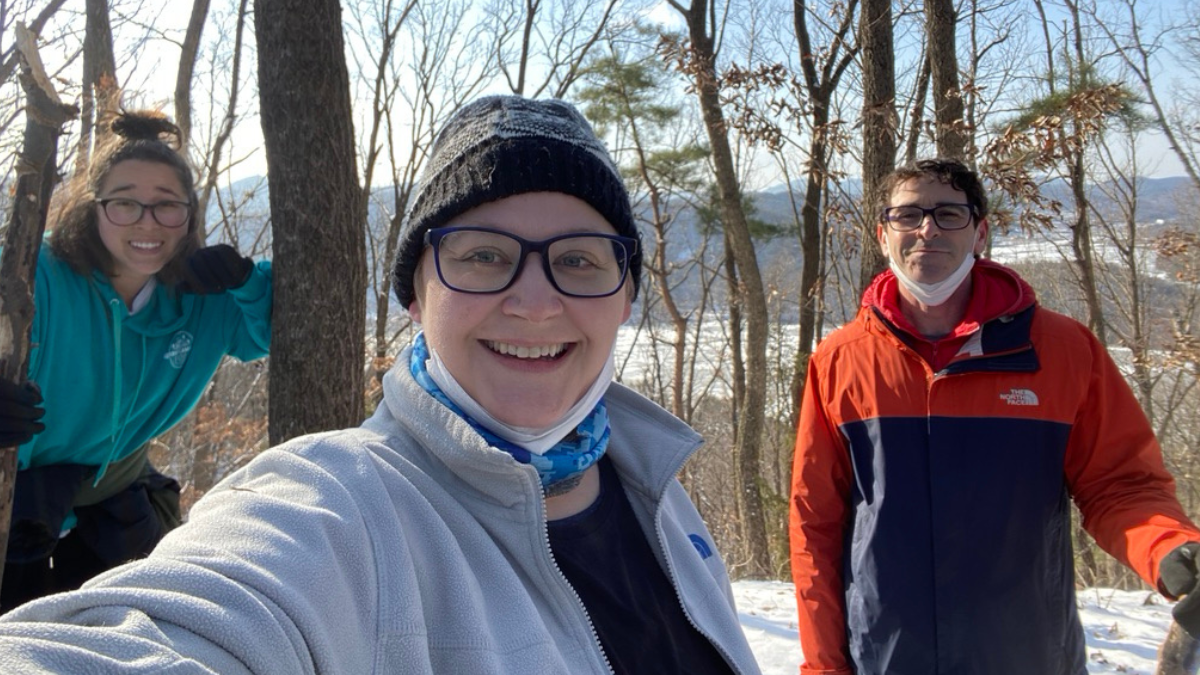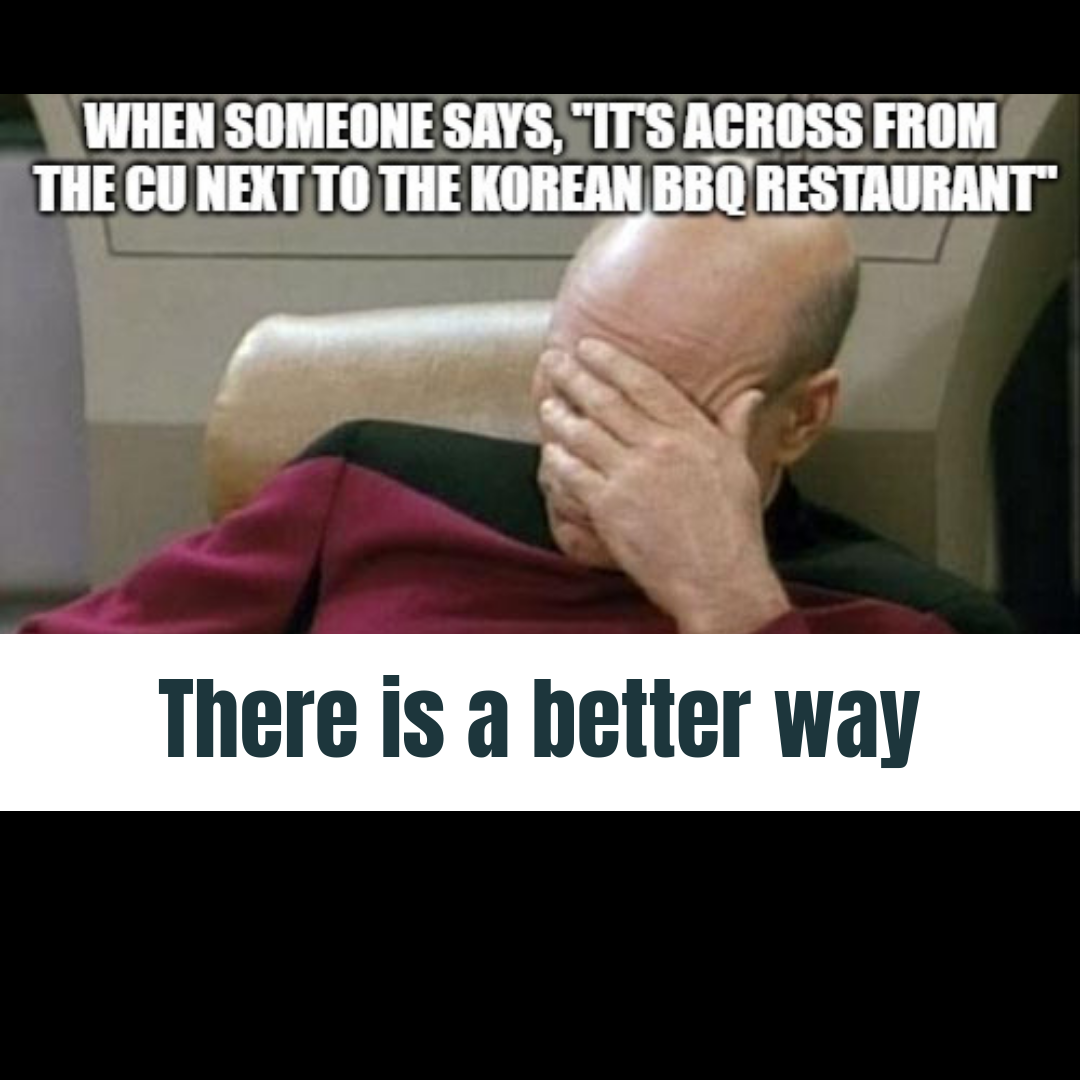
Income Comparison Foreign ESL Teachers in Korea v US Public School Teachers
Would you like to see an income comparison foreign ESL teachers in Korea v US public school teachers? Let’s dig into how the money may shake out after basic expenses. We will look at the entry-level income v. expenses.
Comparison of Salary and Expenses
To understand the difference in income between entry-level teachers in the United States and entry-level foreign public school teachers in South Korea you need to compare not only salaries but also basic life expenses.

Nothing listed below should be considered a guarantee or a promise. The numbers quoted in this blog are rough estimates based on national data and lived experiences which provide a point of reference for what could be possible.
To estimate the income and expenses for Foreign ESL Teachers in Korea, South of Seoul volunteers used the EPIK contract for entry-level income. Next, SOS volunteers compared their basic expenses over the last 10 years to create an average list of basic expenses. Remember, each teacher comes to Korea with their own culture and value system. Expenses may be higher or lower depending on your lifestyle choices, area of residence in Korea, and the support you receive from your community.
To estimate the income and expenses for US Public School Teachers, South of Seoul volunteers used national averages found on Google. Since income and expenses vary by state, school district, and community support these numbers may not be accurate for every lived experience.
Annual Base Salary
An entry-level teacher in the United States has a base salary more than double that of an entry-level foreign public school ESL teacher in South Korea. However, looks can be deceiving. Let’s look at how the numbers breakdown after considering the cost of basic expenses:
| Korea (KRW) (First Year Public School contract) | United States (USD) (Average First Year Teacher Salary) | |
| Annual Entry Level Salary | 25,200,000 KRW (19,357.71 USD) | 41,500 USD (54,668,153 KRW) |
| Monthly Salary | 2,100,000 | 3,458.00 |
| Pension/SSI | (110,920) | (211.00) |
| Federal Tax | (41,630) | (263.00) |
| State / Local Tax | (4,160) | (146.00) |
| Health Insurance | (87,370) | (250.00) |
| Long-term care/ Disability/ Medicaid | (10,720) | (52.00) |
| Total Deductions | (245,800) | (922.00) |
| Monthly Income | 1,854,200 | 2,536.00 |
| Rent | Free | (845.00) |
| Gas | (30,000) | (63.00) |
| Electric | (55,000) | (115.00) |
| Trash | (10,000) | (30.00) |
| Water & Sewer | Free | (66.00) |
| Unlimited 5G Internet | (15,000) | (56.00) |
| Cable TV | (15,000) | (79.00) |
| Unlimited Data Phone | (68,000) | (80.00) |
| Transportation (Work commute only) | (250,000) (subway/ bus) | (581.00) (insurance, gas, NO car payment) |
| After Basic Expenses | 1,411,200 KRW (1,074.53 USD) | 621.00 USD (818,648 KRW) |
| Annual: Public School Re-signing Bonus | 1,700,000 | none |
| Annual: Completed Contract Bonus (1 months salary) | 2,100,000 | none |
| Annual Salary After Basic Expenses | 20,734,400 KRW (15,787.84 USD) | 7,452.00 USD (9,816,556.07 KRW) |
Annual Salary After Basic Expenses
Foreign EFL teachers may make more than their US public school counterparts after considering expenses. As you can see in the table above, after paying basic living expenses and considering the annual bonuses for foreign ESL public school teachers in South Korea, such teachers have 15,787.84 USD annually to support their lifestyle. On the other hand, US teachers have 7, 452.00 USD annually to support their lifestyle.
2022 Comparison of Additional Costs
Of course, there are many other costs associated with living a balanced and happy life. Let’s look at some common expenses that teachers in both countries may encounter each month.
| Korea (KRW) | United States (USD) | |
| Average Cost of Dining Out (Per Person) | 12,000 Meal No Tipping Tax included 12,000 total | 18.00 meal 3.60 tip 1.44 tax 23.04 Total |
| Monthly Groceries (One Person) | 300,000 | 350.00 |
| Average Hospital Visit | 8,000 | Unknown |
| Flu/Cold Medication Costs | 6,000 | Unknown |
| Average ER Visit w Insurance | 150,000 | 2,168.00 |
| Average Hotel Daily Rate (Single Room) | 53,000 | 125.00 |
| Average Cost of Childbirth | 1,200,000 | 13,000 |
| Woman’s Haircut | 20,000 (Cut, Wash, Style) No Tip 20,000 Total | 60.00 (Cut) 12.00 Tip 72.00 total |
| Gel-manicure | 65,000 No Tip 65,000 Total | 65.00 13.00 Tip 78.00 Total |
| Movie Tickets | 9,000 | 12.00 |
2025 Comparison of Additional Costs
(Common monthly or per-use lifestyle expenses for single teachers. Using ₩1,428 = $1 USD, October 2025 average).
| Category | Korea (KRW → USD) | United States (USD) | Notes / Sources (2025) |
|---|---|---|---|
| Average Cost of Dining Out (per person) | ₩ 12,000 (≈ $8.40) – No tipping, tax included | $18.00 meal + $3.60 tip + $1.44 tax = $23.04 total | Numbeo Seoul / U.S. mid-range restaurant meal |
| Monthly Groceries (one person) | ₩ 350,000 (≈ $245) | $450.00 | Korea – KOSIS 2025 avg. food at home; U.S. – BLS CPI food index |
| Average Hospital Visit (general clinic) | ₩ 10,000 – ₩ 15,000 (≈ $7 – $10.50) | $150 – $200 (copay or self-pay clinic) | Korean NHIS copay range; U.S. doctor visit out-of-pocket per KFF |
| Flu/Cold Medication (OTC pharmacy) | ₩ 6,000 (≈ $4.20) | $10 – $15 | Similar product (acetaminophen + antihistamine) |
| Average ER Visit (with insurance) | ₩ 150,000 (≈ $105) | $2,300 | KFF 2024–25 average ER visit out-of-pocket |
| Average Hotel Daily Rate (single room) | ₩ 70,000 (≈ $49) | $140.00 | Mid-range 3-star, Seoul vs U.S. national avg. (STR 2025) |
| Average Cost of Childbirth (hospital delivery) | ₩ 2,000,000 (≈ $1,400) | $14,000 | Korea – NHIS-covered 2-night stay; U.S. – vaginal delivery with insurance (KFF 2025) |
| Woman’s Haircut (cut, wash, style) | ₩ 25,000 (≈ $17.50) No tip | $65.00 + $13.00 tip = $78.00 | Korea – Seoul avg.; U.S. – BLS / salon chain data |
| Gel Manicure | ₩ 70,000 (≈ $49) No tip | $70.00 + $14.00 tip = $84.00 | Seoul vs U.S. salon avg. 2025 |
| Movie Ticket (adult) | ₩ 13,000 (≈ $9.10) | $12.00 | CGV / AMC ticket averages |
| Monthly Public Transit Pass | ₩ 65,000 (≈ $45.50) | $70.00 | Seoul Climate Card vs U.S. metro/bus pass avg. |
| Monthly Gym Membership | ₩ 60,000 (≈ $42.00) | $55.00 | KoreaFit avg. vs Statista 2025 |
| Monthly Streaming Subscription (Netflix Standard) | ₩ 13,500 (≈ $9.50) | $15.50 | Netflix pricing 2025 |
| Average Coffee (Americano / drip) | ₩ 5,000 (≈ $3.50) | $5.50 | Franchise coffee shop avg. (Starbucks, Twosome Place) |
Summary of Key Differences
- Healthcare: Korea’s NHIS system keeps costs dramatically lower — a doctor visit costs about $7–10 USD versus $150+ in the U.S.
- Food and dining: Meals are cheaper overall in Korea, with no tipping or tax markup.
- Personal care: Haircuts, manicures, and beauty services are typically 50–70 % cheaper in Korea.
- Entertainment and transit: Korea remains more affordable due to subsidized transport and lower entertainment taxes.
- Housing and childbirth: Even large expenses (like childbirth or hospital stays) cost 5–10× less in Korea than in the U.S.
Hidden Financial Costs in Korea
As a foreign person first moving to South Korea, you find that you experience some hidden expenses you didn’t expect. If not managed, such costs may mean you struggle to save money while living abroad.
Such surprise expenses that aren’t included in the income comparison of foreign ESL teachers in Korea v US public school teachers may include:
Tickets Home
Many educators fly home during school vacations to spend time with family. Costs for tickets home could range from 500-3,500 USD depending on where your family lives and what time of year you will travel.
Excessive Use of Heat or AirCon
When you first arrive in South Korea you may use an excessive amount of electricity or gas since you are not used to managing your utility costs.
Living Space
Having a small living space may lead to spending more money on socializing outside of the home. You may have a smaller apartment in South Korea than you would be living in the United States depending on the city you live in. Many, if not most, ESL teachers in South Korea live in studio apartments for the first few years until they can afford their own place with their own deposit.
Establishing a New Home
Many teachers may arrive in Korea and have a small apartment furnished with the basics for survival. However, many educators will still want to create a home that meets their specific cultural needs which may require acquiring many new items. How extensive or expensive this ‘nesting’ behavior costs depends on the person.
Imported Foods
If you want to eat only foreign foods at home you will be paying an absolute premium for groceries. If you don’t adjust to Korean veggies, meat cuts, and snacks it can increase your grocery bill by an estimated 40-60%.
Drinking and Eating Out
Imported beverages and international meals cost far more than eating Korean food and drinking Korean booze. Choosing to maintain a diet of western food may negatively impact your finances.
However, if you eat Korean food in South Korea eating out can be cheaper and easier than cooking at home. Many single people living in South Korea do not bother with cooking at home because of this.
English Service
If you only want to work with businesses that cater to English-speaking foreigners, you will pay a premium for this service and need to travel to different cities. The fact service delivered in a foreign language costs more shouldn’t be a surprise since providing service in multiple languages increases the cost of staffing, training, graphic design, website development, etc.
Clothing
Due to size and fashion limitations, foreigners may need to buy clothing from specialty stores or online stores with additional shipping.
Housing Deposits
If you would like to find your own home rather than the free housing provided by your employer, you may need a housing deposit. In South Korea, housing deposits often start at 5 million won and go up from there. Expect to pay at least 1 year of rent as a deposit and a monthly fee.
Hidden Emotional Costs in Korea
In addition to the financial costs of living abroad, you may also want to consider the emotional costs of living in Korea. The emotional labor required to live in a new culture often turns into higher financial costs since many individuals may try to fill an emotional void with food, shopping, and travel.
Let’s look at some of the emotional labor you will be managing when you move to another country:
Feeling Displaced
Moving cultures may mean feeling like an outsider or displaced. It takes time to develop the experiences, knowledge, and context to feel ‘part’ of a new society and culture. The impact of feeling displaced may be more difficult for some to manage.
Limited Support System
When you first arrive in South Korea you arrive with no local support system. You will need to build a friend group from the ground up. This takes a great deal of personal fortitude.
Distance from Family
For those who come from close-knit families, it can be tough to develop the emotional autonomy to feel at home in a new country. You may miss weddings, funerals, birthdays, and holidays with the people that matter most.
Loss of Status
When you move to a new country you may lose access to a certain level of social status or privilege from your home culture. This loss of status and privilege may feel overwhelming and challenging for those who have not navigated such issues in the past.
South Korea does have English-speaking mental health organizations in Pyeongtaek, Incheon, and Seoul. However, other areas of the country may have less access to mental health support.
South of Seoul Educator Welcome Packet
After reviewing the Income Comparison Foreign ESL Teachers in Korea v US Public School Teachers, maybe you remain interested in teaching in South Korea. Explore the virtual welcome packet we created for new teachers and professors in South Korea. Our virtual welcome packets address the steps to residency and provide resources for new educators.

Volunteer with South of Seoul
Interested in working with a fun team of talented volunteers? The South of Seoul volunteer team is always looking for other like-minded folks to research information, compile blogs, and edit content.


Founded in 2015, the South of Seoul team consists of volunteers on three continents working together to support English-speaking people traveling or living in South Korea. South of Seoul volunteers work with organizations and individuals across South Korea to improve equitable access to information across South Korea. Much of South of Seoul’s information focuses on Pyeongtaek, Gyeonggi-do, South Korea.
Blogs published under the authorship of “South of Seoul” include blogs compiled by multiple volunteers to improve access to standardized information unrelated to individualized personal experiences.





